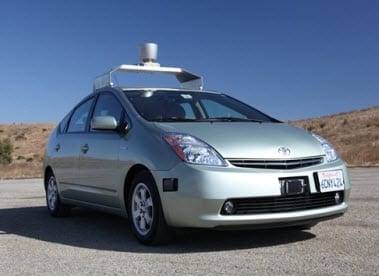 Nevada has become the first U.S. state to begin regulating self-driving vehicles. Legislators have imposed new regulations that would develop new licensing procedures for companies producing these vehicles and those already being operated within the state. The hope is to ensure that the manufacturers of these vehicles will be held responsible for any accidents or mishaps that may happen during their time on the state’s roadways. Legislators claim that this accountability will help protect consumers as well as insurance companies.
Nevada has become the first U.S. state to begin regulating self-driving vehicles. Legislators have imposed new regulations that would develop new licensing procedures for companies producing these vehicles and those already being operated within the state. The hope is to ensure that the manufacturers of these vehicles will be held responsible for any accidents or mishaps that may happen during their time on the state’s roadways. Legislators claim that this accountability will help protect consumers as well as insurance companies.
Last year, one of Google’s famous self-driving vehicles caused an accident in California. The vehicle had slammed into another car in Silicon Valley, but no one was hurt, as the car had been parked at the time. Google was quick to sweep the incident under the proverbial rug, but insurers took the opportunity to highlight their concerns regarding automated vehicles.
Nevada’s plan was carefully examined by insurance companies, the state’s law enforcement officials, and car manufacturers before it made its way through the legislative process. Each group proposed their own changes to the impending regulations. Insurers want to ensure that the regulations protect them from risks associated with these vehicles and supply them with the ability to write policies according to this risk. Though self-driving vehicles make use of advanced technologies, they still present a significant risk for other drivers and insurers hope that the new regulations will help the state’s roadways stay safe.
Live insurance news updated.

